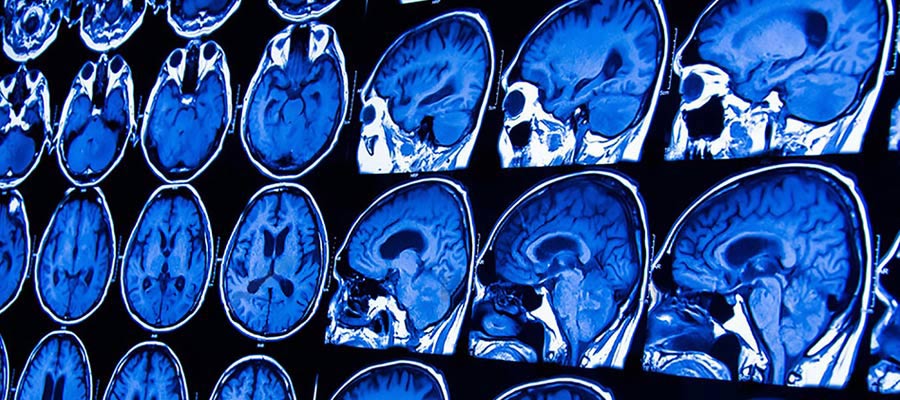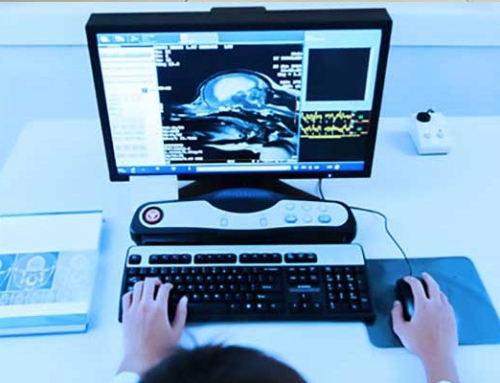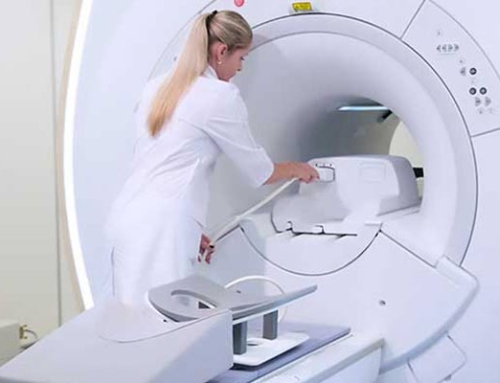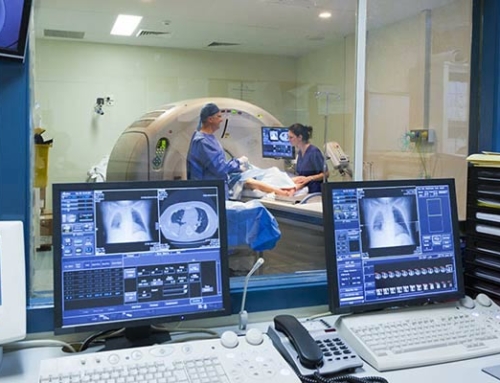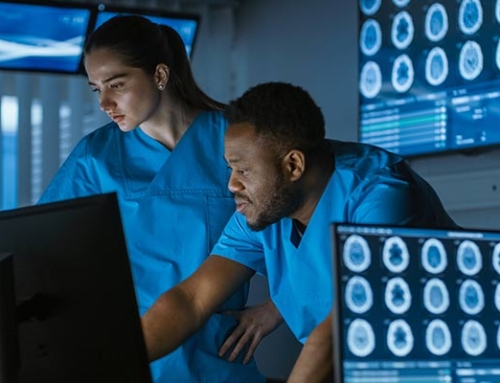MRI, or Magnetic Resonance Imaging, is a modern medical procedure that doctors will request if they suspect something is wrong inside your body. Using magnetic fields or radio waves to map what’s inside your body, MRI is especially useful for diagnosing certain latent medical conditions. An MRI session will be done by an MRI technologist who has received prior MRI training, which can be a rather lengthy course. Despite its length, an MRI training course is quite important, as it goes through everything you need to know to properly handle an MRI scanner. Each MRI training program will have its own curriculum, but most programs include the following aspects of MRI.
MRI Training Includes Basic MRI Biological Principles
The basic theories and principles in MRI are always the backbone of any MRI training program. In these theory lessons, you will learn about the definition of the word MRI, how MRI works, and the benefits of using the MRI procedure in the diagnosis process. You will also be given a brief about when to use MRI and when not to use MRI, as not everyone is eligible for a session. MRI training programs also train you in basic human biology so that you can have a better understanding of how MRI affects our body.
The Fundamental Physics of MRI
MRI is partially about applying physics in real life, so learning physics is essential in an MRI program. Most programs will guide you through the concept of magnetism, which is used in MRI, along with the characteristics of tissues and how these two elements interact with one another. You might also learn to use your knowledge in physics to optimize the quality of the images produced by finding the perfect calibrations.
MRI Safety
Like every other medical procedure, MRI is not without its risks. As an MRI technologist, you will be in charge of the patient’s safety and the success of the whole procedure. This is why MRI safety will definitely form the core part of any MRI training program. In this section, you will learn about some tips on preventing MRI burns, as well as a checklist of things to look for before proceeding with the procedure. Most importantly, you will also learn about what to do when an emergency happens.
Communicating with Patients
Most patients are unaware of the MRI and what it does. This might sow a seed of fear in their mind, thus making them terrified of MRI. It is your job as an MRI technologist to provide them with the correct information and guidance to help them overcome this fear. This skill requires complex interpersonal communication expertise, and MRI training programs will help you acquire that. As with other types of communication skills, some might find this the most difficult aspect to master as an MRI technologist.
The task of an MRI technologist includes far more than just operating an MRI scanner. MRI technologists must be physicists and communication experts at times to ensure the procedure’s success. Understandably, finding the perfect MRI training program can be quite difficult if you are busy. Through our online MRI training courses, we at Pulse Radiology confidently offer you the most convenient MRI training program with the same academic weight as others. Our program covers all that you need to become a certified MRI technologist.
Additional Information Related to MRI Tech School


